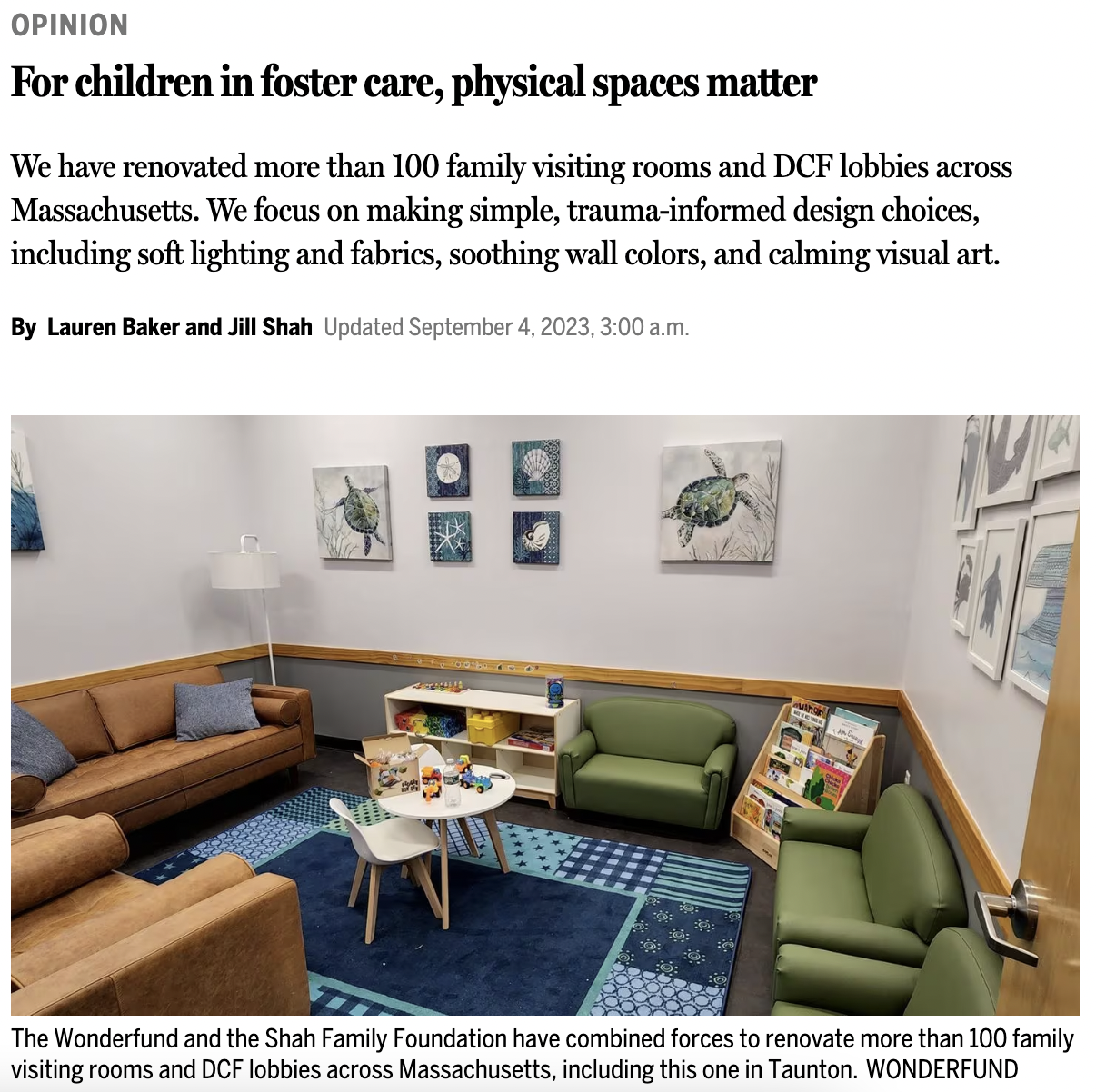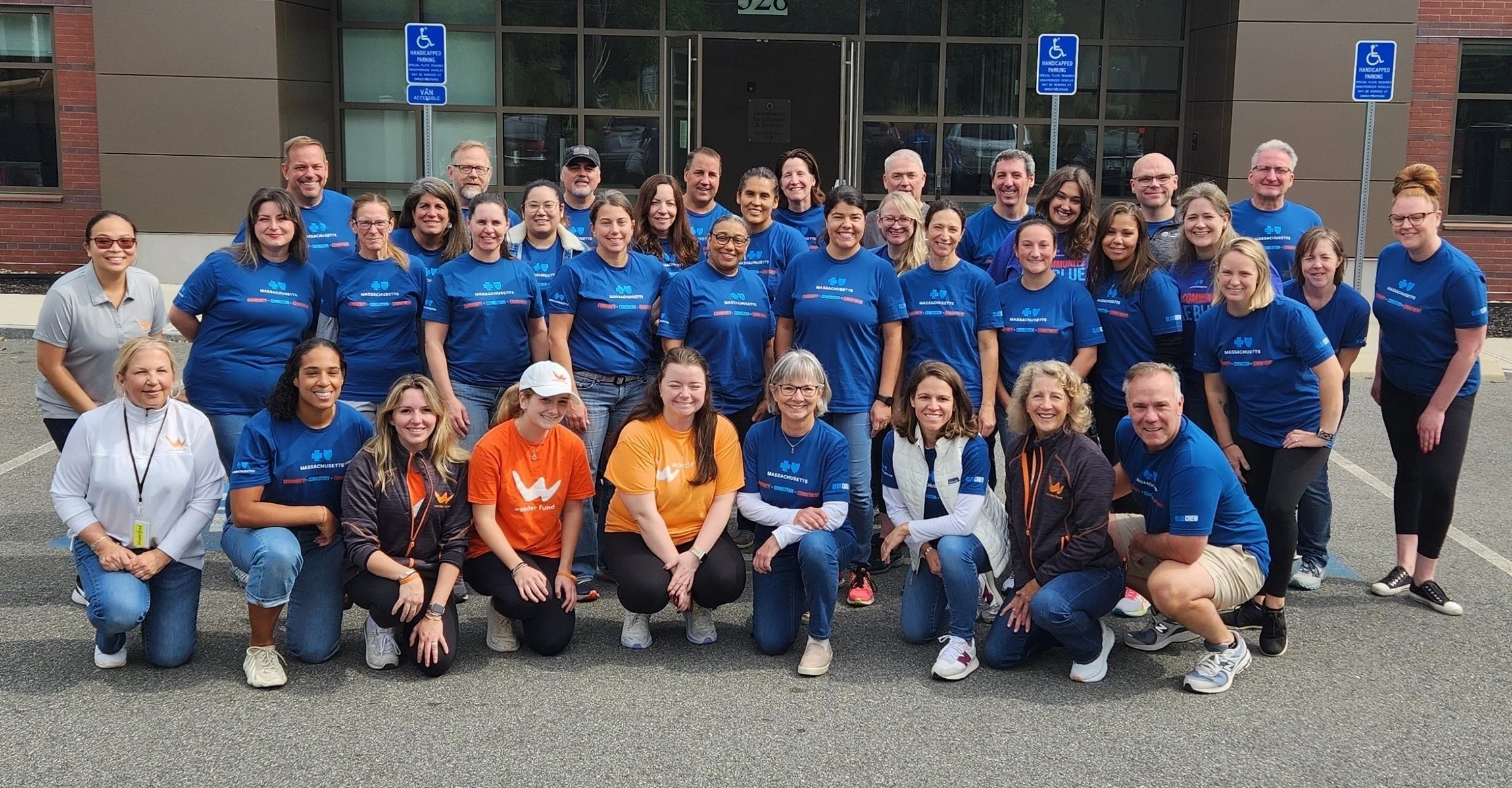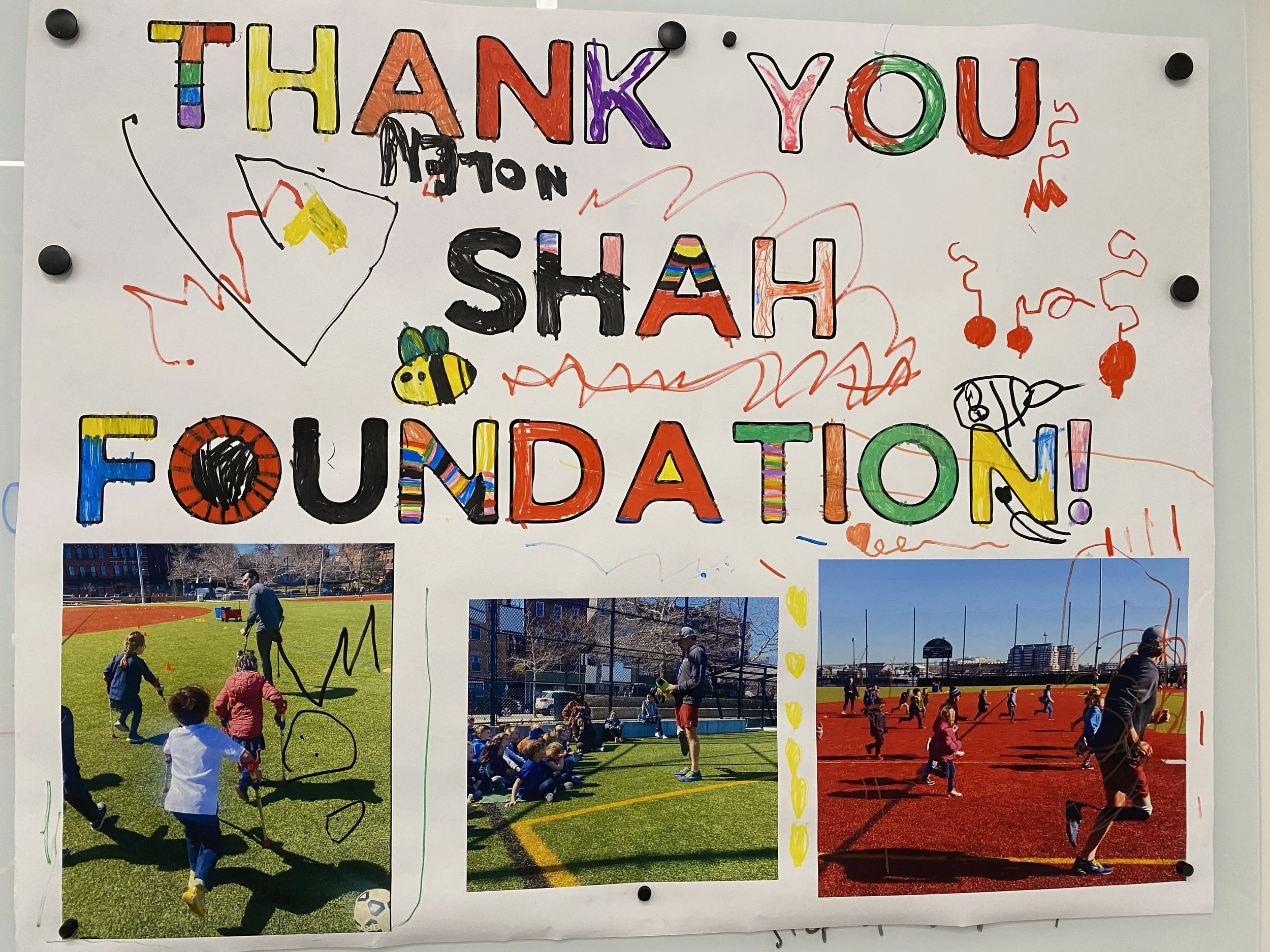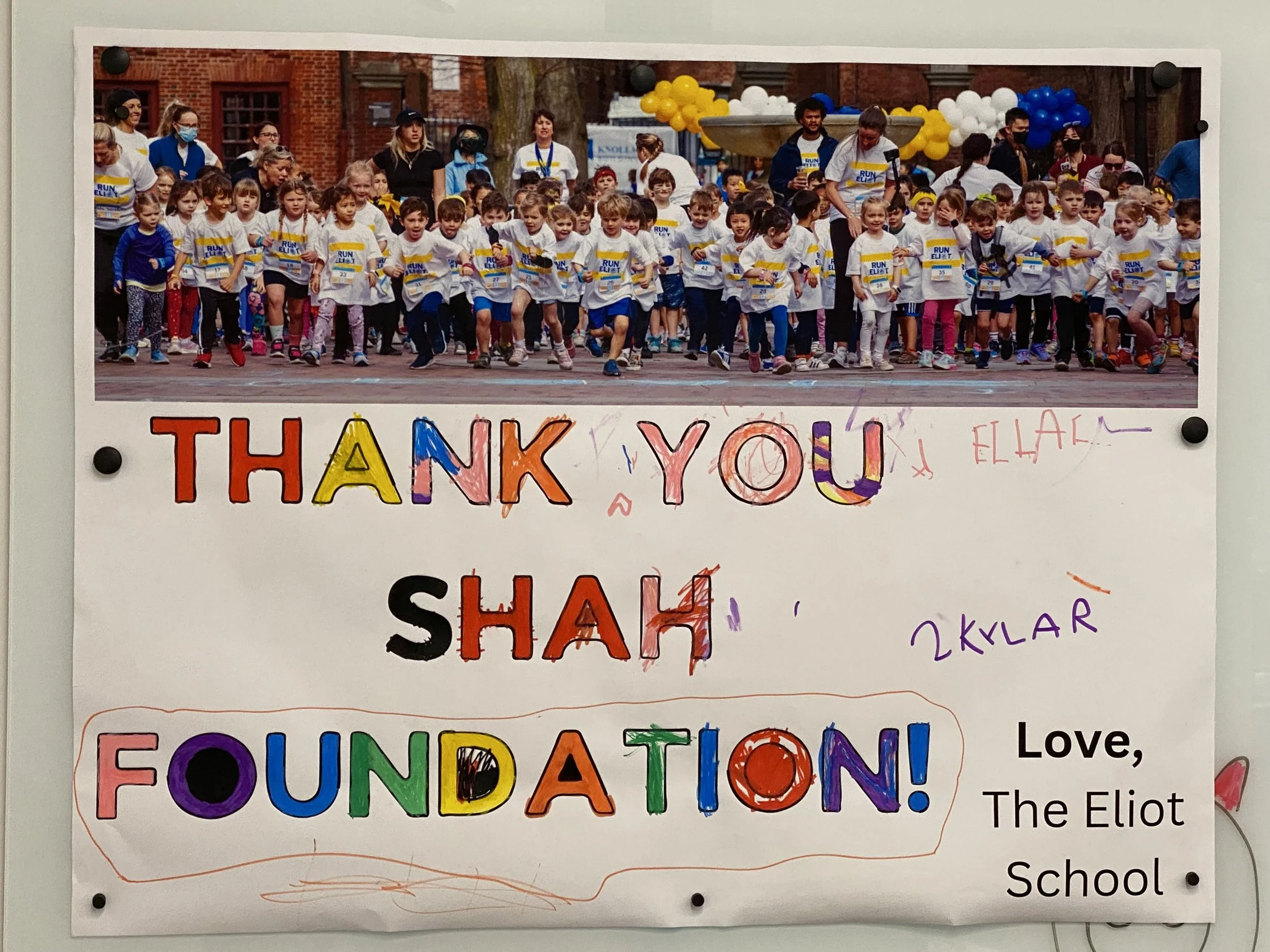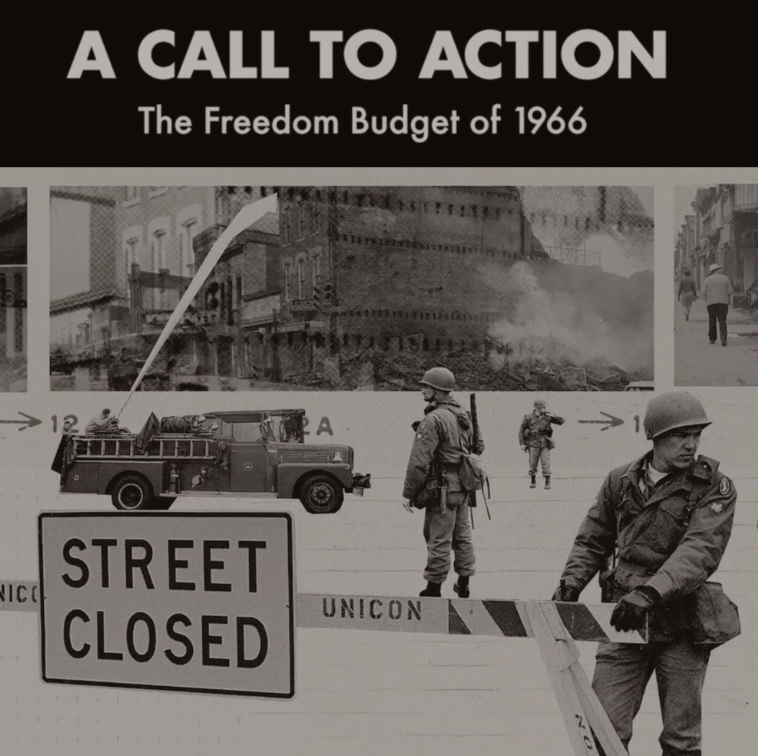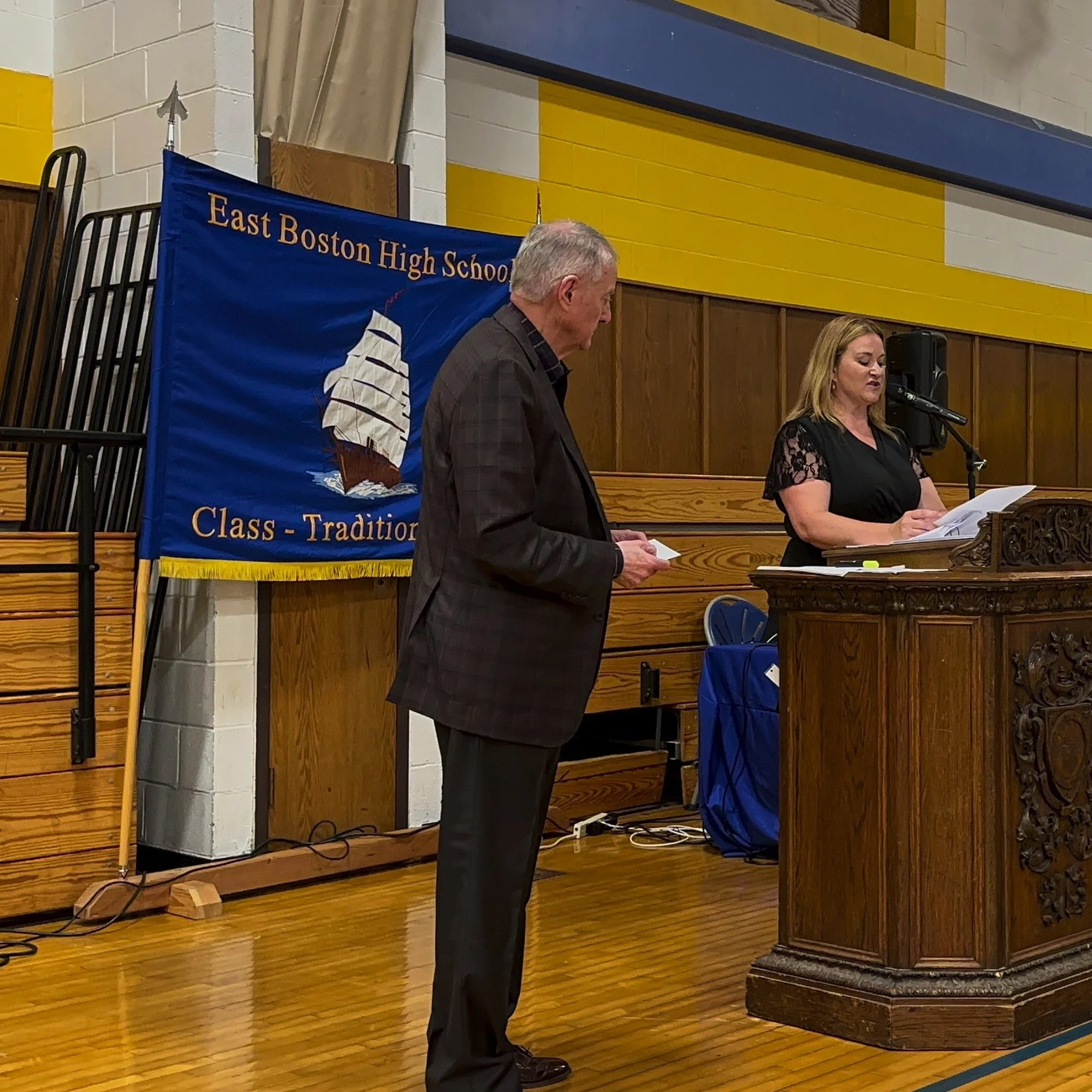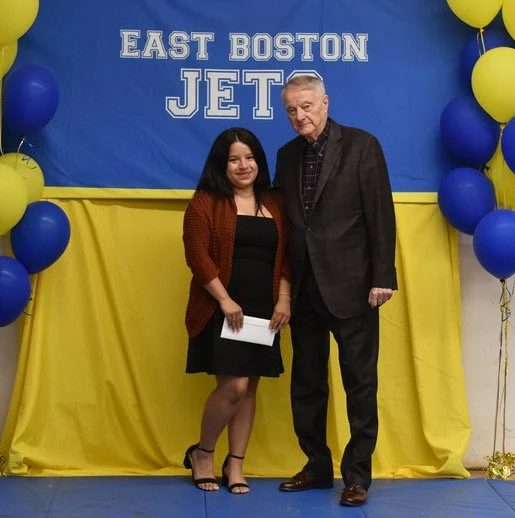2023 Year In Review
Dear Friends,
We hope that you had a productive and joyous 2023! We are grateful for your continued collaboration and offer this look back at what has inspired and challenged us this past year. The world continues to move at the speed of the internet, gaining even greater momentum with advances in artificial intelligence, and we have spent time this year thinking about how we can use this energy to affect and shift the existing paradigms in education and wellness with positive applications of these powerful forces.
We created Your Brain on Social Media for parents, teachers and caregivers in response to the news, research and nationwide litigation, which continues to mount, that highlights social media’s negative effects on developing brains. This site summarizes the latest and most useful (by our measure) information about social media and children, and we are partnering and working to distribute the site as widely as possible across the country. You can see recent local coverage here. We hope that you will give it a look, and please share it with your friends and colleagues
As you may recall, we have been partnering with the Wonderfund for years, and this year, former First Lady of Massachusetts, Lauren Baker, who is now CEO of the Wonderfund, and Jill wrote an op-ed about the importance of trauma-informed design in spaces where we convene and care for children and adults who are sick, in pain or suffering in any way. We used this methodology as we, together, renovated family visitation rooms in Massachusetts Department of Children and Families (DCF) facilities across the Commonwealth. This year we renovated sites in Holyoke, Springfield, Fall River and Burlington, allowing more families involved in DCF to reunite in modern, trauma-informed spaces filled with comfortable furniture, soothing colors, soft lighting, books, toys, and games. Since launching this partnership in 2020, we have redesigned and outfitted 150 rooms in 21 cities and towns, and DCF is committed to including these design principles in every new buildout and renovation going forward, setting a new standard for the expenditure of government funds on facilities.
Extending our support of children in foster care, we were inspired by a doctoral student of Professor Roz Picard at MIT Media Lab, and we supported her proposal to create a safe, online community for teenagers and young adults living with foster families. This platform was developed in partnership with youth in foster care, whose voice and perspective was key to building the community and ensuring it effectively meets their needs. It is now launched and is providing many young people the ability to connect and learn from those living in similar situations.
Sometimes innovative ideas in education and healthcare seem like a no-brainer, but when they overlap two systems, it can be hard to convince either to own the execution. This is where our partner, EdNavigator, stepped in to create a referral engine for pediatricians. Pediatricians have a front-row seat in detecting how and where education can positively impact a child’s growth and development. This might involve recommending an Individualized Education Plan (IEP), or simply ensuring that the child’s family has the tools and voice to advocate for a quality education (something many of us take for granted). Pediatricians can now refer their patients to EdNavigator, who crosses the bridge from medicine to education and ensures that the family is empowered to execute on their pediatrician’s advice. We were pleased to see EdNavigator’s reach expand to Boston Medical Center this year as they continue to grow and serve students and families.
You have always known us as action-oriented advocates for optimized execution of the school food program that is fueled by the United States Department of Agriculture (USDA), and this year we continued to support the Massachusetts Department of Transitional Assistance (DTA) to make students and families aware of the continuation of the P-EBT program (government funding for food for kids) and helped DTA maximize the funding families received. As a result, in the last school year, 417,000 Massachusetts families received over $12 million in federal funding to purchase food for their kids, and 500,000 families received another $60 million in food funding during the summer. This money has a significant impact not just on child nutrition but also on local economies and food systems, and Massachusetts has been recognized as a national leader in this program.
Additionally, helping students access healthy and culturally-familiar meals during the summer has been a focus of our work for many years, as many families who are dependent on the school food program for nutrition struggle to feed children when school is out of session. Our Local Lunchbox program served to make it easier for children to access meals during the summer, using USDA funding to support local chefs in cooking and distributing fresh, locally-sourced food to their communities. As this program grew from thousands to millions of meals distributed in Massachusetts, we joined forces with the Obama Foundation to bring this model to Chicago, and the Local Lunchbox Chicago program continues to thrive.
In partnership with the City of Chelsea, Massachusetts, we were able to better understand the power of cash in supporting people through a Guaranteed Income program called Chelsea Eats. This program demonstrated that, when you give people direct cash assistance and trust them to spend it to meet their needs, they see better financial and food security, eat more meat, fish, and vegetables, and are more likely to seek employment. These results came from a study of the program by the Harvard Kennedy School’s Rappaport Institute for Greater Boston in a paper published at the end of last year, and this year, lead researchers Professor Jeffrey Liebman and Kathryn Carlson presented this research at conferences across the country. Interest in Guaranteed Income has grown locally and nationally, with Boston considering launching its own program, and we have recently been interviewed in the Boston Globe’s Say More podcast and a local politics podcast, The Horse Race, about Guaranteed Income. Over the coming year, Professor Liebman and partners from the Harvard T.H. Chan School of Public Health are preparing to submit three papers on this work to academic journals, where it will continue to inspire more research and public policy.
When Chelsea Eats began, we partnered with local filmmakers to chronicle the stories of individuals in the program, detailing their journey and demonstrating how the program lifted up individuals and the entire community in an award-winning short documentary film called Raising the Floor. The film has been screened for tens of thousands of people from coast to coast, showing at festivals in Boston, Des Moines, El Paso, New York City, Provincetown, Birmingham, Cleveland, Philadelphia, and Phoenix, as well as conferences and screenings hosted by healthcare institutions, advocacy organizations, universities, as well as the United States House of Representatives. The film, along with its accompanying shorts on the history of Guaranteed Income (Nixon’s Reversal and A Call to Action), are currently streaming online on OVID and Kanopy and we are working to get it placed on mainstream distribution channels as well.
One of our more curious projects this year was with Ted Kaptchuk, professor at Harvard Medical School and director of the Harvard-wide Program in Placebo Studies and the Therapeutic Encounter (PiPS) at Beth Israel Deaconess Medical Center. While catching up with Ted about his profound work on placebos over tea in the summer of 2022, he mentioned to us that the FDA had expressed curiosity about placebos to treat pain, and whether it was time to approve a placebo for low back pain. There is so much to tell here, and we have been thinking about ways to share the whole story with the world, but the summary is that placebos can work as effectively or better than opioids on chronic primary pain, and Ted and his colleagues around the world have 30 years of research demonstrating this fact. We have been supporting Ted’s conversations with the FDA, which to date have resulted in the FDA acknowledging in writing that placebos prescribed as Ted has outlined may have a role in helping patients with pain management, and at the same time, because placebos are an inert substance, there is no need for them to be regulated by the FDA. Here’s the rub…Ted’s work shows that effective treatment for chronic primary pain may require a doctor’s prescription (in other words, the doctor:patient relationship is key to efficacy) and many doctors will not consider prescribing placebo treatments without FDA approval.
We run into paradigms like this all the time in our work. It’s the beauty and madness of bureaucracy.
We continue to enjoy producing and growing the audiences of our podcasts: Last Night at School Committee and Deep Dives, the latter which has replaced Catalysts for Change, and is more focused on issues of education, family and innovation in teaching and learning. Our guests this year included leaders like education innovator Sal Khan, social psychologist Professor Jonathan Haidt, Bezos Foundation President and former LA Superintendent John Deasy, and former White House Senior Advisor Valerie Jarrett.
Locally, we want to highlight two initiatives that have made us smile: the first, with Codman Community Farms in Lincoln, MA, which has included support for their initiative to invest in checkout terminals that allowed SNAP participants to purchase delicious local products from the farm, and the launch of the Contompasis Scholarship at East Boston High School to celebrate Michael Contompasis, one of Boston’s finest public school educators, who has spent his career inspiring generations of students - helping thousands go on to college and career success and fostering a nationally-acclaimed school community. Michael began his career as a teacher at East Boston High School, was a lauded headmaster at Boston Latin School, and served as an interim Superintendent of Boston Public Schools.
We are grateful for the many wonderful people we have met and spent time with this year, and we are incredibly excited about what is in store for 2024 as we continue to support innovation in education, healthcare and community alongside government partners who can progress our work if it proves successful.
We wish you a happy and joyful holiday,
Jill, Niraj, and Ross

